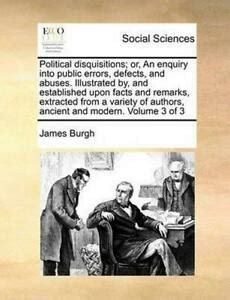A Quote by James Burgh
All lawful authority, legislative, and executive, originates from the people.
Quote Topics
Related Quotes
People assume that the executive branch has more power than it actually has. Only the legislative branch can create the laws; the executive branch cannot create the laws. So, if the executive branch tries to create a branch one side or the other... you go back to the founders of the nation. They set up a system that ensures that it doesn't happen.
The constitution has divided the powers of government into three branches, Legislative, Executive and Judiciary, lodging each with a distinct magistracy. The Legislative it has given completely to the Senate and House of Representatives. It has declared that the Executive powers shall be vested in the President, submitting special articles of it to a negative by the Senate, and it has vested the Judiciary power in the courts of justice, with certain exceptions also in favor of the Senate.
The question whether the judges are invested with exclusive authority to decide on the constitutionality of a law has been heretofore a subject of consideration with me in the exercise of official duties. Certainly there is not a word in the Constitution which has given that power to them more than to the Executive or Legislative branches.
By Congress delegating its authority to the executive and judicial branches, we've removed the American people from the process. They're left as bystanders to the whims of executive overreach, and they're watching the country they know and love slip away. Worse, they think their representatives are powerless to stop it.






























